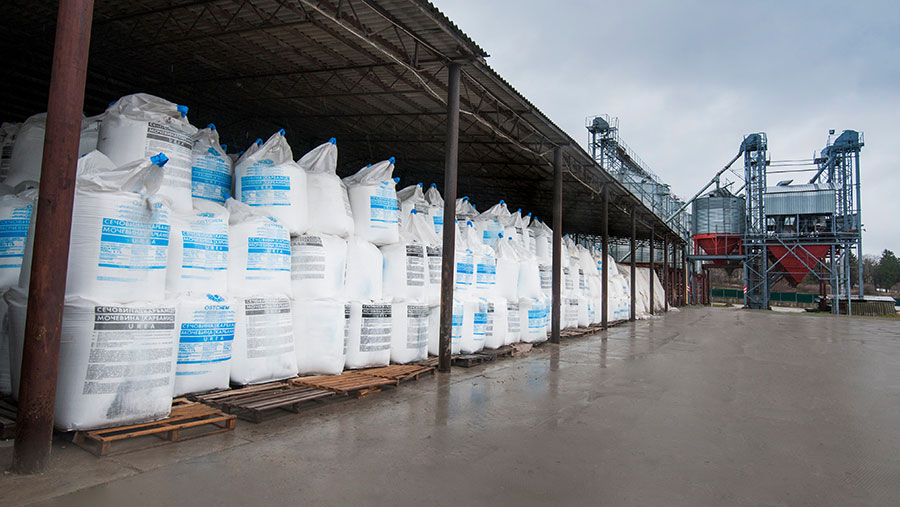FW Opinion: EU’s bailout set to undercut UK food production
 © Pavlobaliukh/Adobe Stock
© Pavlobaliukh/Adobe Stock The decision by the EU at the end of last week to directly subsidise farmers and the fertiliser industry highlights the widening divergence between UK and EU farming policy.
Brussels unleashed a €500m (£424m) emergency funding package to help member countries tackle the high cost of energy and bring down the price of inputs.
This will see some member states offer growers direct support, with farmers in Poland likely to see the cost of ammonium nitrate fall to an estimated £745/t, experts say.
Mothballed EU fertiliser plants will also be brought back into production, but are unlikely to benefit growers here.
CF Industries’ two factories at Ince and Billingham are between them capable of turning out about 40% of our domestic needs when running at full capacity, but only the latter is currently in service.
See also: FW Opinion: Last chance for levy payers to help shape AHDB
For UK importers and producers alike, high energy prices and the uncertainty about how much farmer demand will change next season mean they will be highly reluctant to make product available on the market.
This is the problem that the EU has recognised and taken steps to solve, meaning growers will have more ability to plan for the future than farmers here, who could see supply shortages.
In his recent spring statement, chancellor Rishi Sunak committed to a modest package of help for consumers in the short term, and many think if energy prices have not fallen by the autumn, he may intervene further at the Budget.
But in committing to an income tax cut in 2024, political analysts say he has made a firm choice not to reopen the departmental spending budgets and give them additional cash to make up for the erosion in their spending power caused by the current inflation.
It means the Treasury is even more likely to firmly reject any requests for additional cash from Defra secretary George Eustice for a nitrogen subsidy for farmers or an incentive for CF to increase production.
This partly explains why Defra has this week unveiled a much more modest package of measures designed to support growers, including a one-year delay on changing the rules on urea – it costs them nothing.
The other is that there is still a view in some parts that this can be a good crisis – it will help shift farmer behaviour into making more efficient use of their nitrogen and maybe even encourage more movement of manures from west to east.
At a time when it has never been more important to plan for the future, it has also never been more difficult to do so with any degree of certainty.
The technology already exists to strip the moisture out of muck and pellet it – and is in use already on the Continent and, in a small way, here.
Yet these are longer-term solutions to what is increasingly looking like an acute problem by the end of summer.
“I have spent 30 years in this industry and I’ve never known less about the future.”
Those were the words of one farm adviser this week at a conference of the British Institute of Agricultural Consultants.
At a time when it has never been more important to plan for the future, it has also never been more difficult to do so with any degree of certainty.
Many inside and outside our industry feel a move away from subsidies is the right idea in principle.
But in a globalised world, picking your own path does not mean you will not be influenced by the behaviour of your competitors.
Unless the government follows the EU’s lead, it is now more likely than ever that production will be constrained here and imported food will more severely undercut what’s left.

